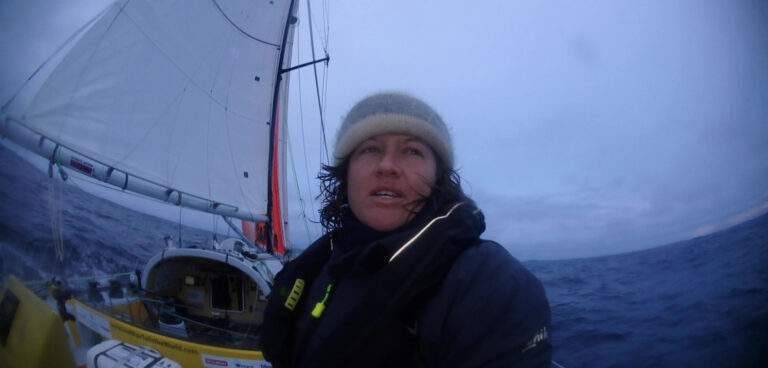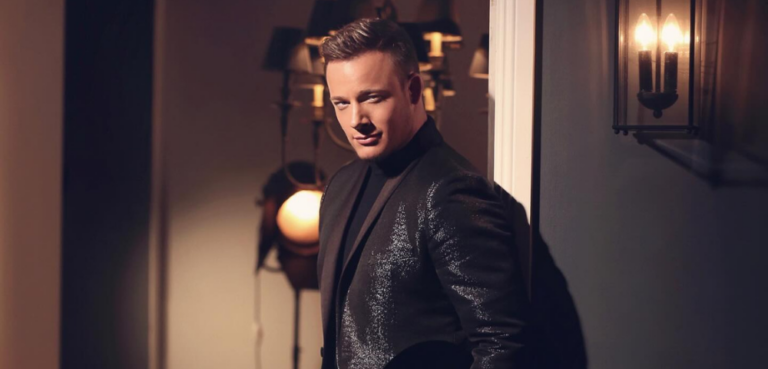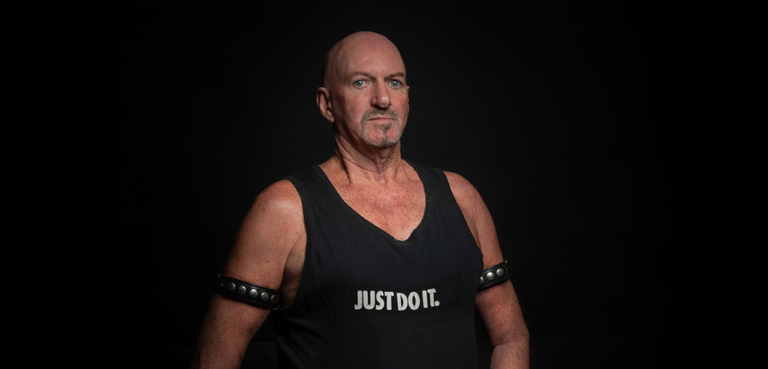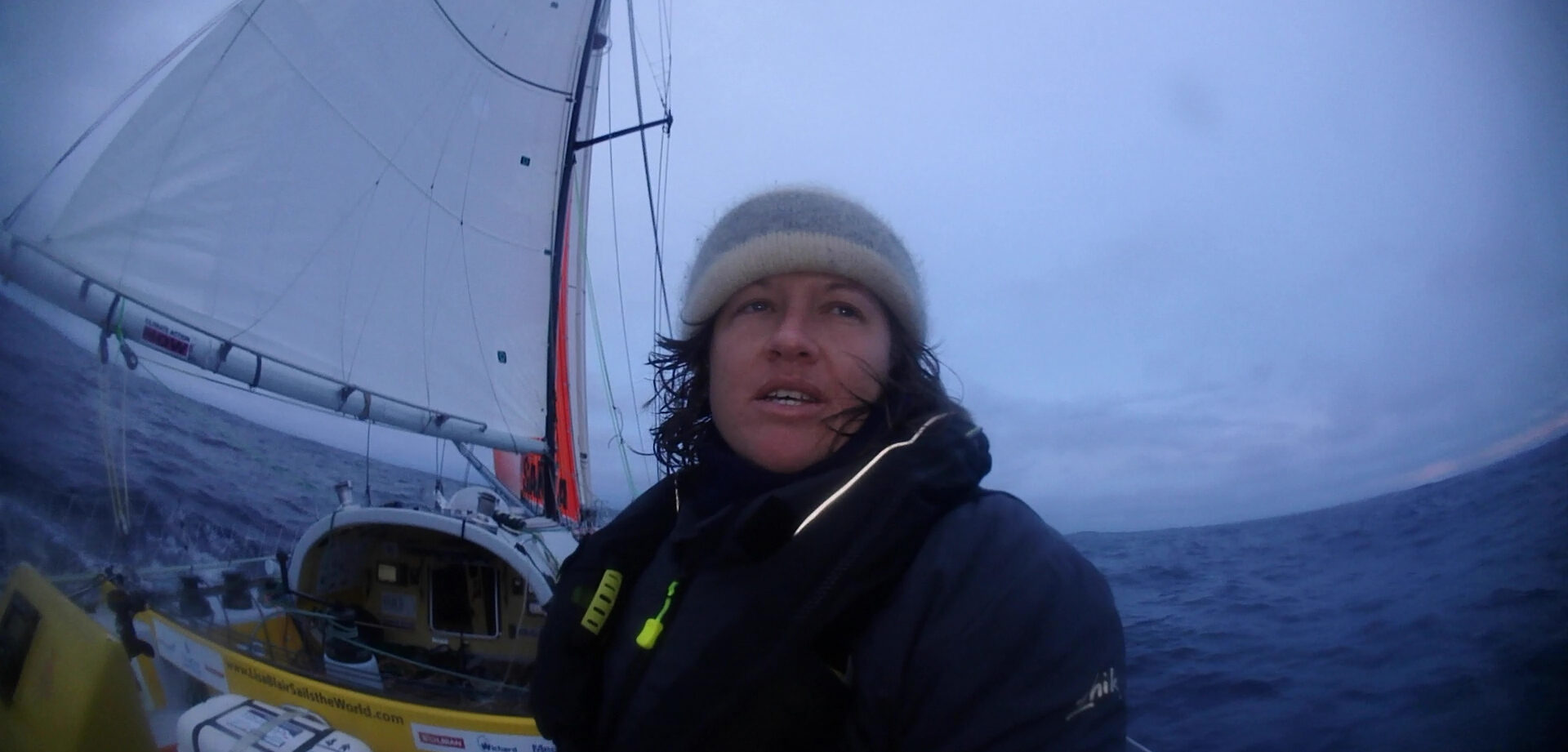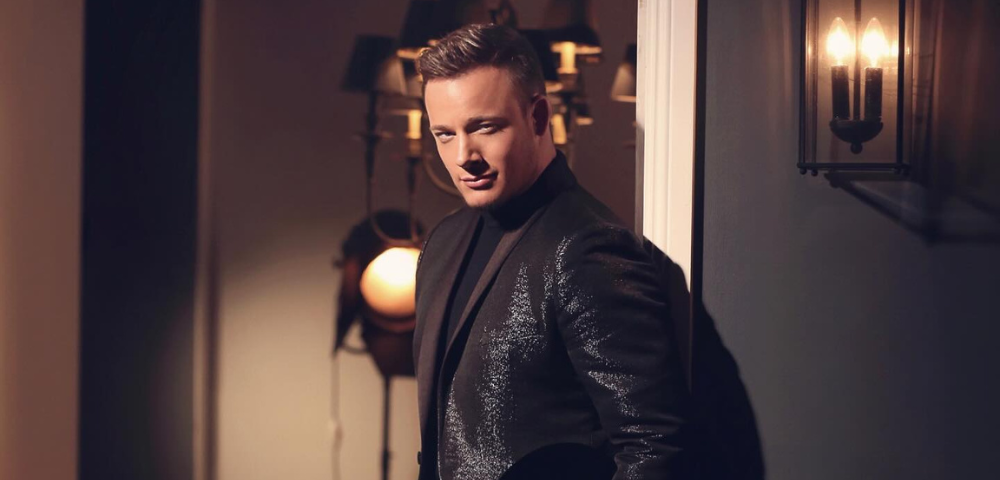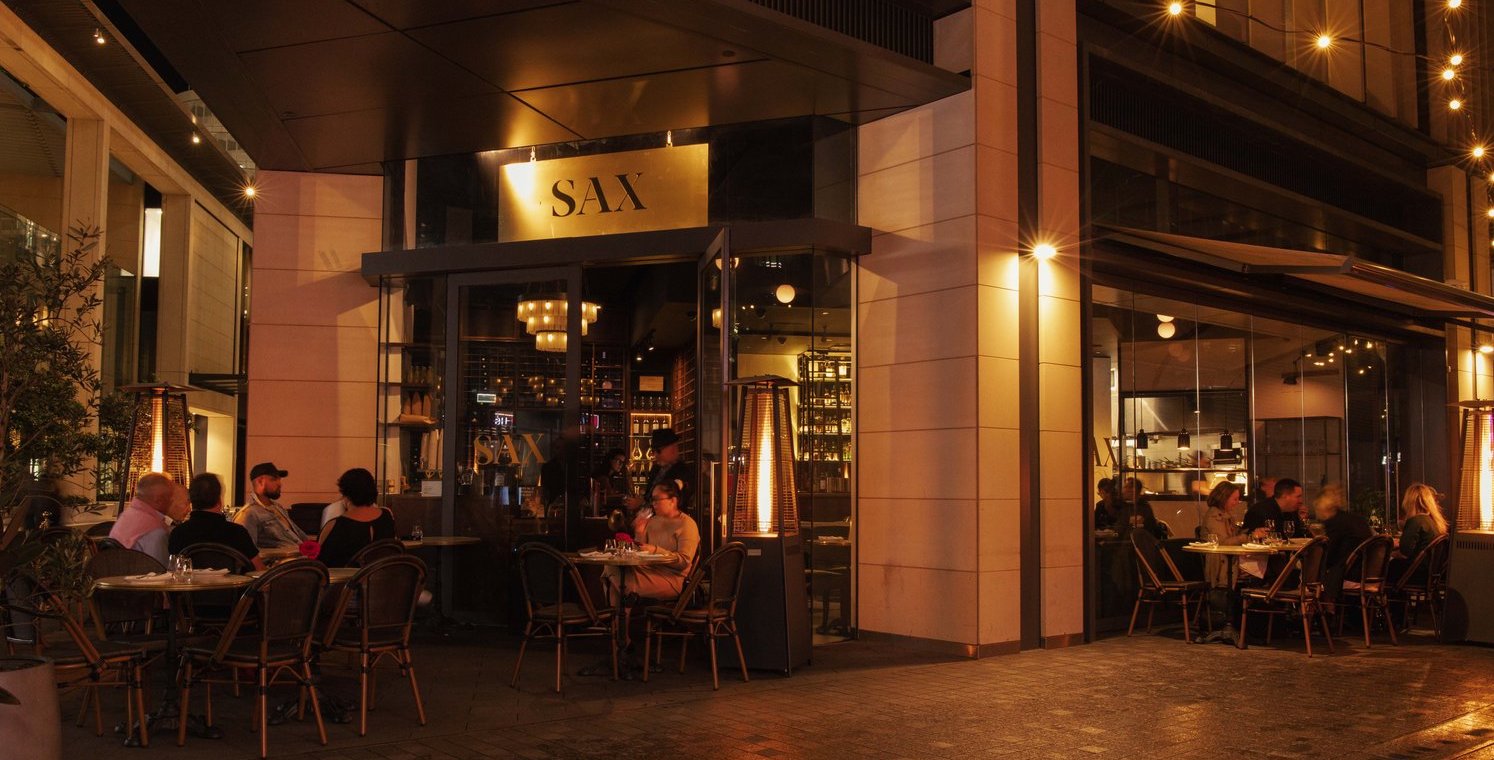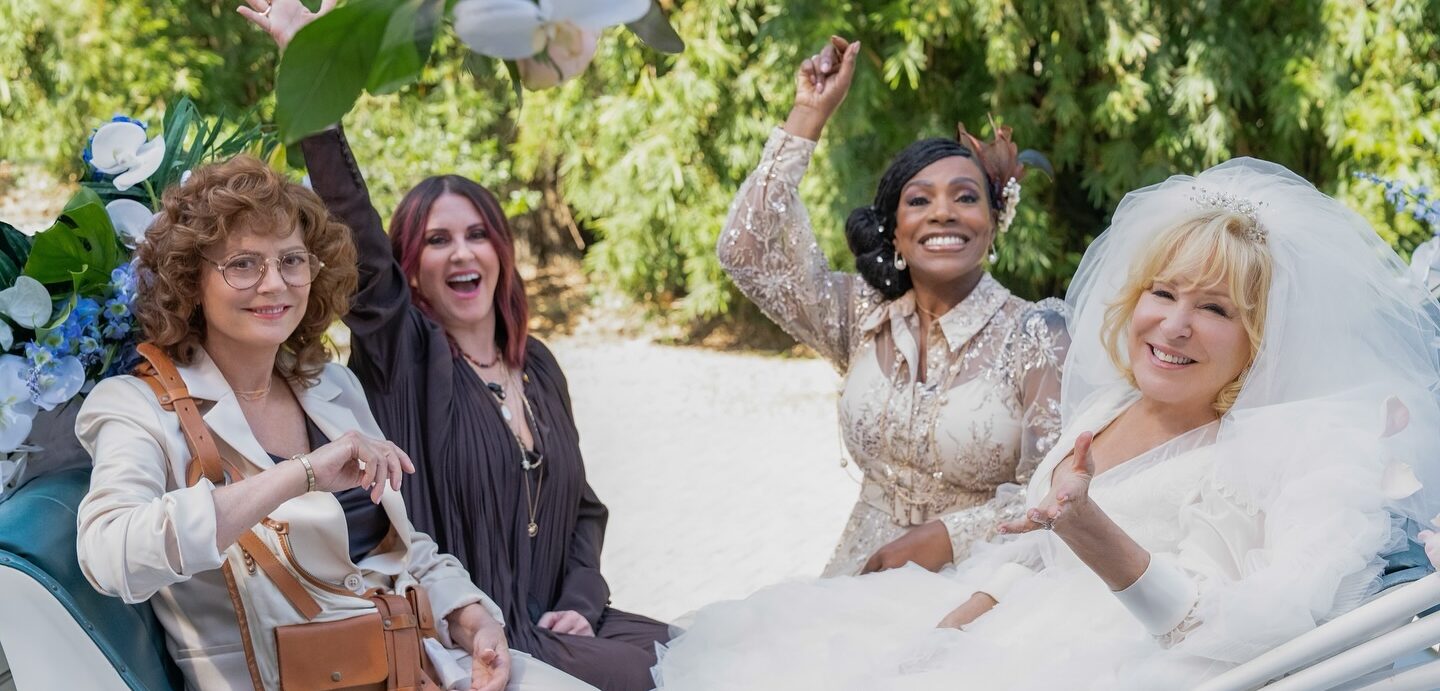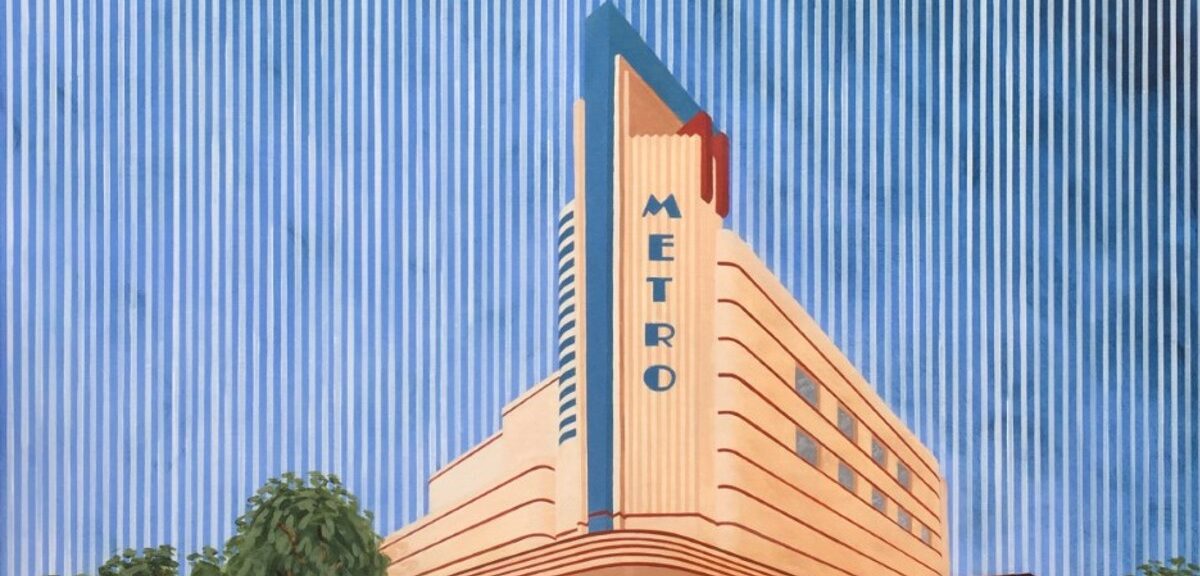
Resilience and hope: Palestinian Film Festival
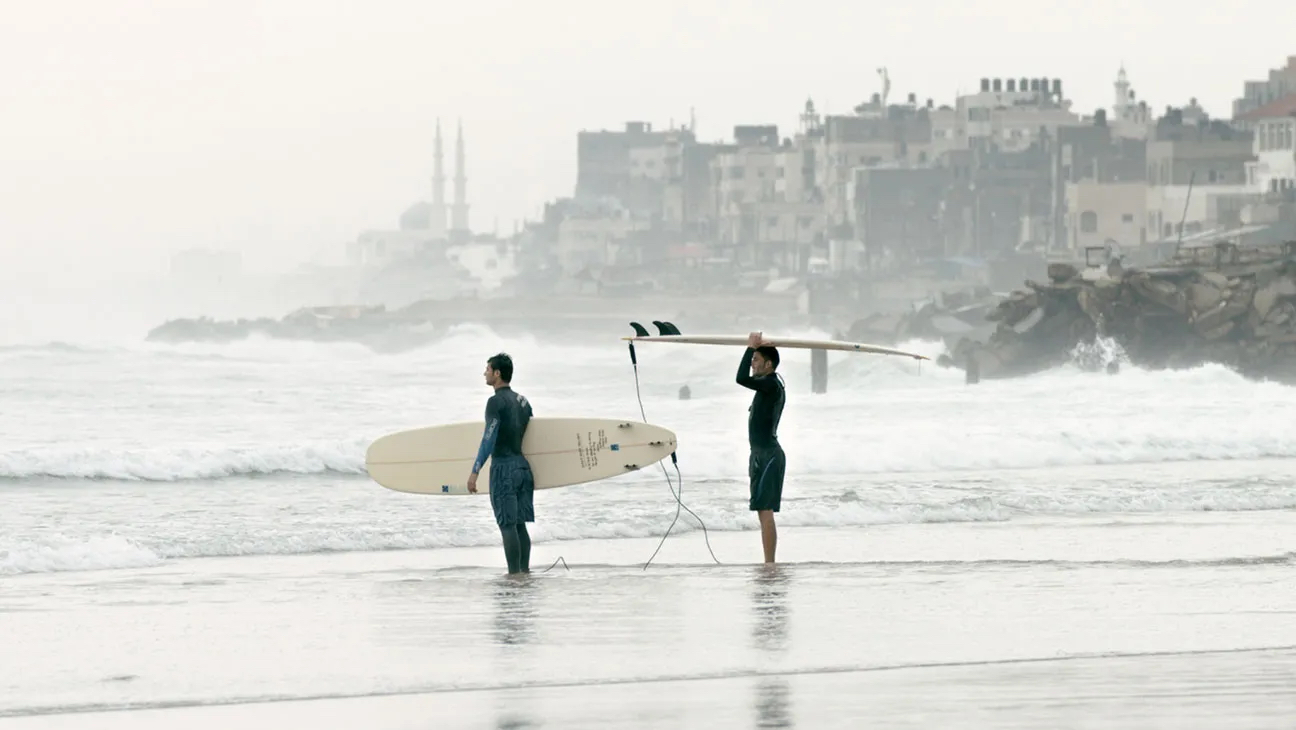
In October last year, the organisers of the Palestinian Film Festival made the decision to postpone the event, given what was then transpiring in Gaza. War and unrest in Palestine is nothing new – in fact, for the past 75 years it has been continuous — but this particular assault had just begun.
“It was so intense, it wouldn’t feel right for the community not to have space to mourn,” explains Festival Director, Naser Shakhtour. “Also, we thought the festival itself would be undermined because it was not the right space and time frame for people to come and see.”
Nor did the festival want their partners and sponsors drawn into the politics of the situation. Of course, no one could have foreseen how catastrophic and enduring the conflict was going to be.
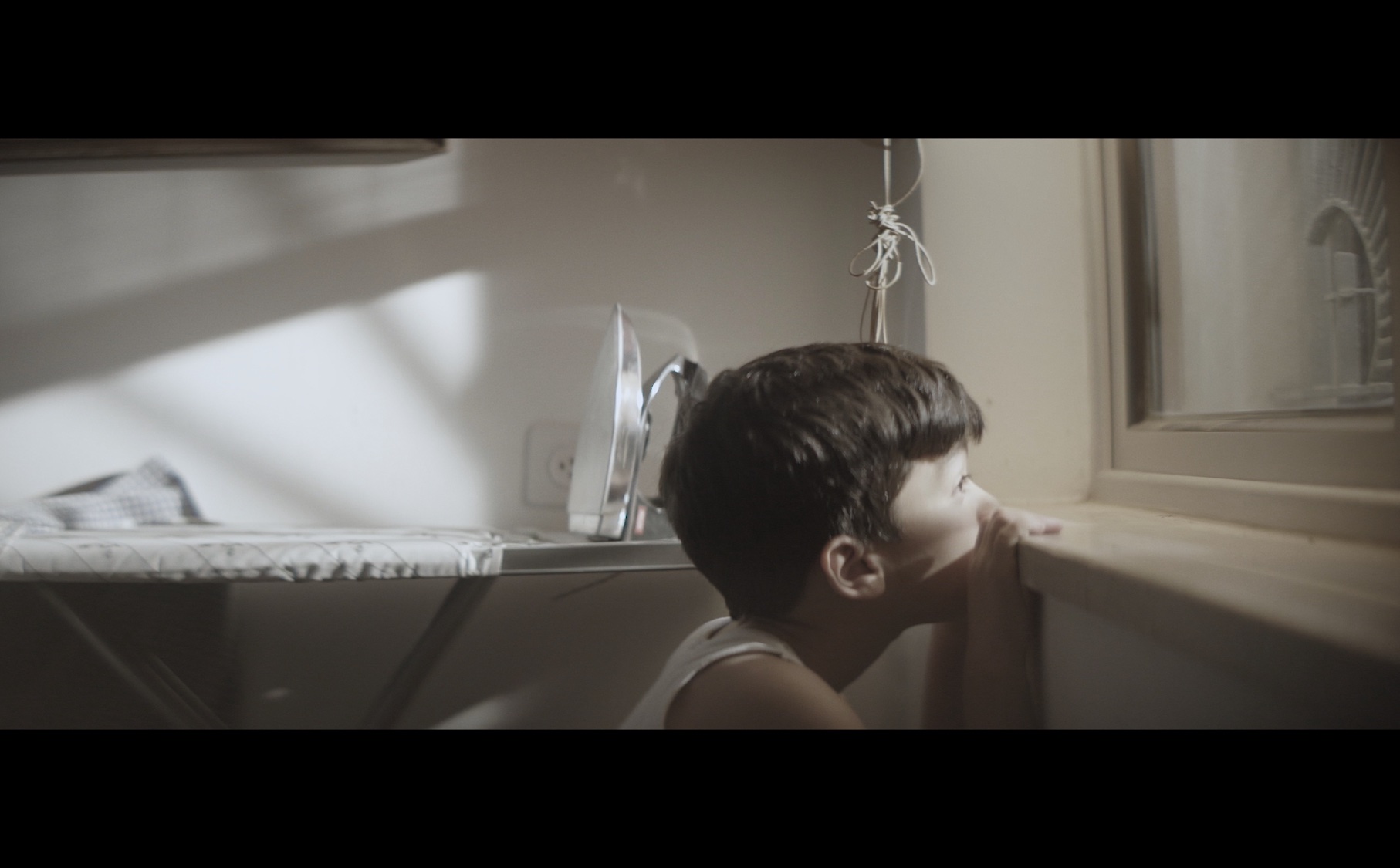
As the horrors worsened and political discourse became increasingly convoluted, the general public started to develop an appetite for more knowledge to better understand the situation.
“Since [last year] there is a massive surge of interest in Palestinian stories… to know Palestine outside the news reporting,” says Shakhtour. “Now, people are eager to learn about Palestine and know Palestine and support Palestine, and the best thing to do is to actually learn about it through film, through Palestinian film makers and Palestinian stories.”
Shakhtour believes the only way to solve problems is to understand the multiple dimensions and get an all-round perspective, and art and film can be very good at providing that.
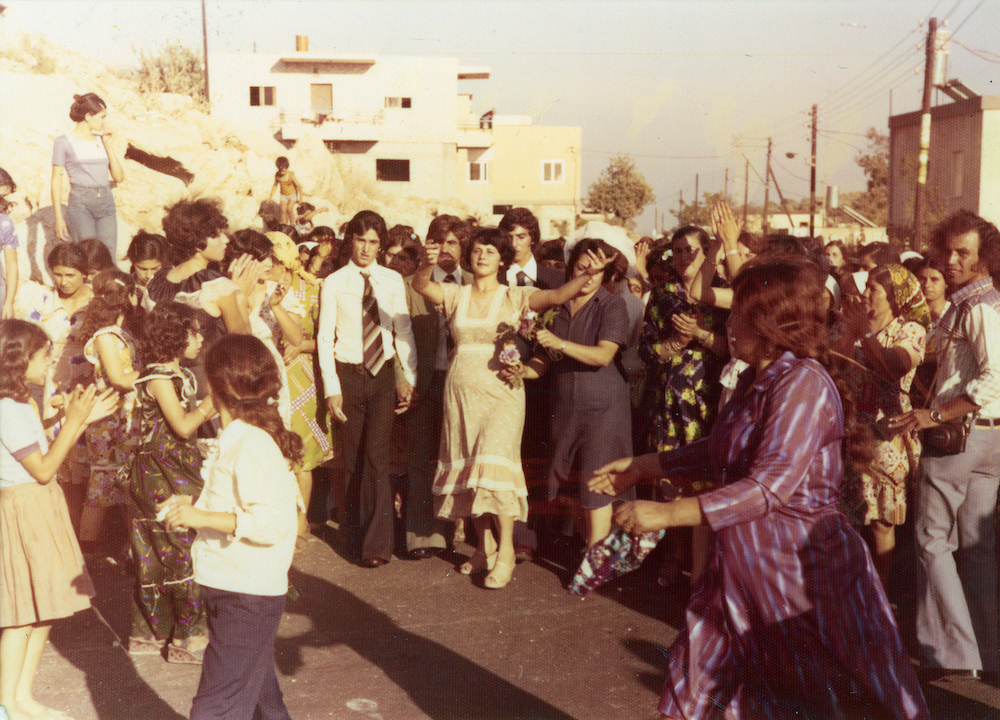
The program for this, the 12th edition of the Palestinian Film Festival, is modest but impressive, and includes documentaries, features and shorts from around the world. Some films from the original program have been substituted with others that felt more imperative now, but the overall number and quality of films has been maintained or even increased.
The Palestinian film industry is, however, under threat.
“Films require a lot of funding […] Like in Australia, like anywhere in the world – making a film or a documentary, it’s quite challenging,” says Shakhtour. Getting the film made is only the first hurdle.
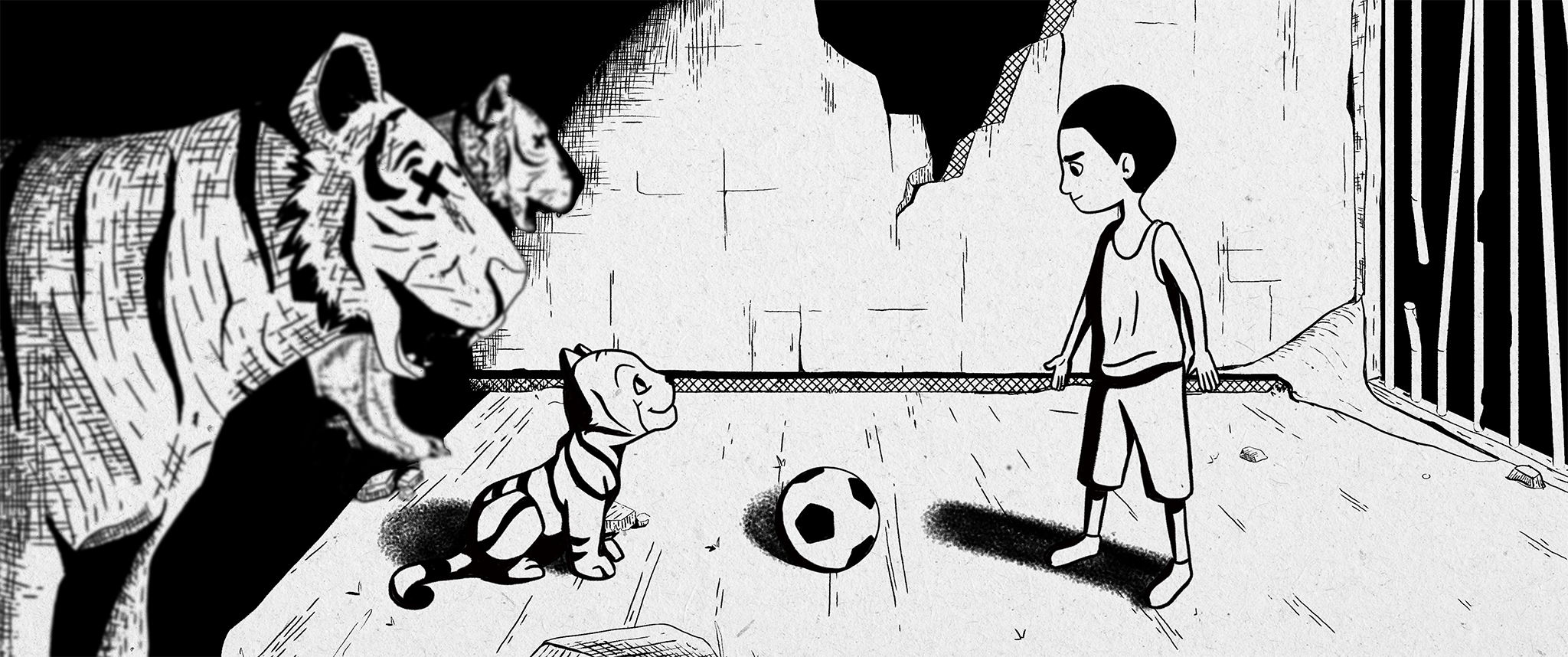
“You see films in cinemas, you see them on streaming services or online if somebody goes and sells them. If there’s no distribution, they could be just sitting on a shelf. And that’s what happened with us in Australia.”
Before the Palestinian Film Festival was created, it was almost impossible to get Palestinian content shown in this country; it was deemed too political, too esoteric.
“It’s like a hot potato, people were avoiding it. So, by us coming in and creating that platform, we normalised it.”
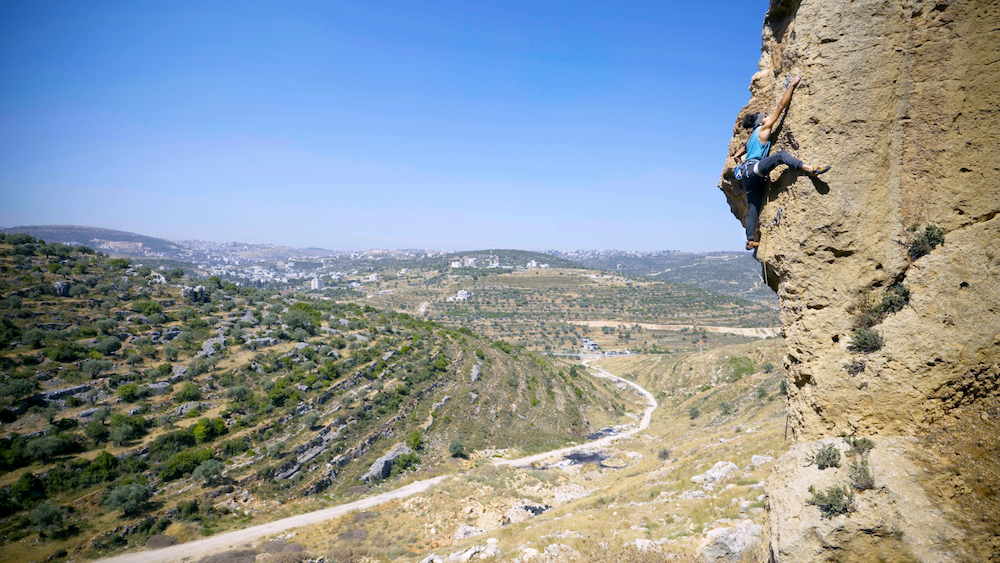
Shakhtour recalls several years ago, when the festival was held in Leichhardt and the council mounted promotional banners, a woman he knew rang him in tears and thanked him. As a Palestinian-born Australian, she finally felt acknowledged.
“By seeing that publicly and seeing it celebrated, and people coming from all over the place, you’re breaking barriers and strengthening the community,” says Shakhtour.
“It doesn’t have to be a good story. At least we exist with our good and bad. And we can reflect on ourselves and we can laugh at ourselves and we can cry at ourselves. And that’s what I think the festival has achieved.”
Watching a film with a group of people who have a common culture and understanding is a unique, very positive experience.
“Sometimes it’s like a therapy for us. You can reflect and understand; you have generational complexes and generational trauma […] And that happens with other societies, other people around the world, namely, the Jewish people. You know, they used films and arts to resolve some of the traumas or to go through some of the traumas.
“And every society went through traumas. Even now in Australia we’re trying to use films and arts to try and understand and to empower the aborigines…to go through some of the trauma they went through, you know. And there’s still a long way to go. But that’s one function of arts and films.”
Shakhtour insists, however, that the Palestinian Film Festival is not just for the Palestinian community, it is for everyone.
“There’s a universality about the Palestinian cause, and that’s reflected through cinema and audiences.”

